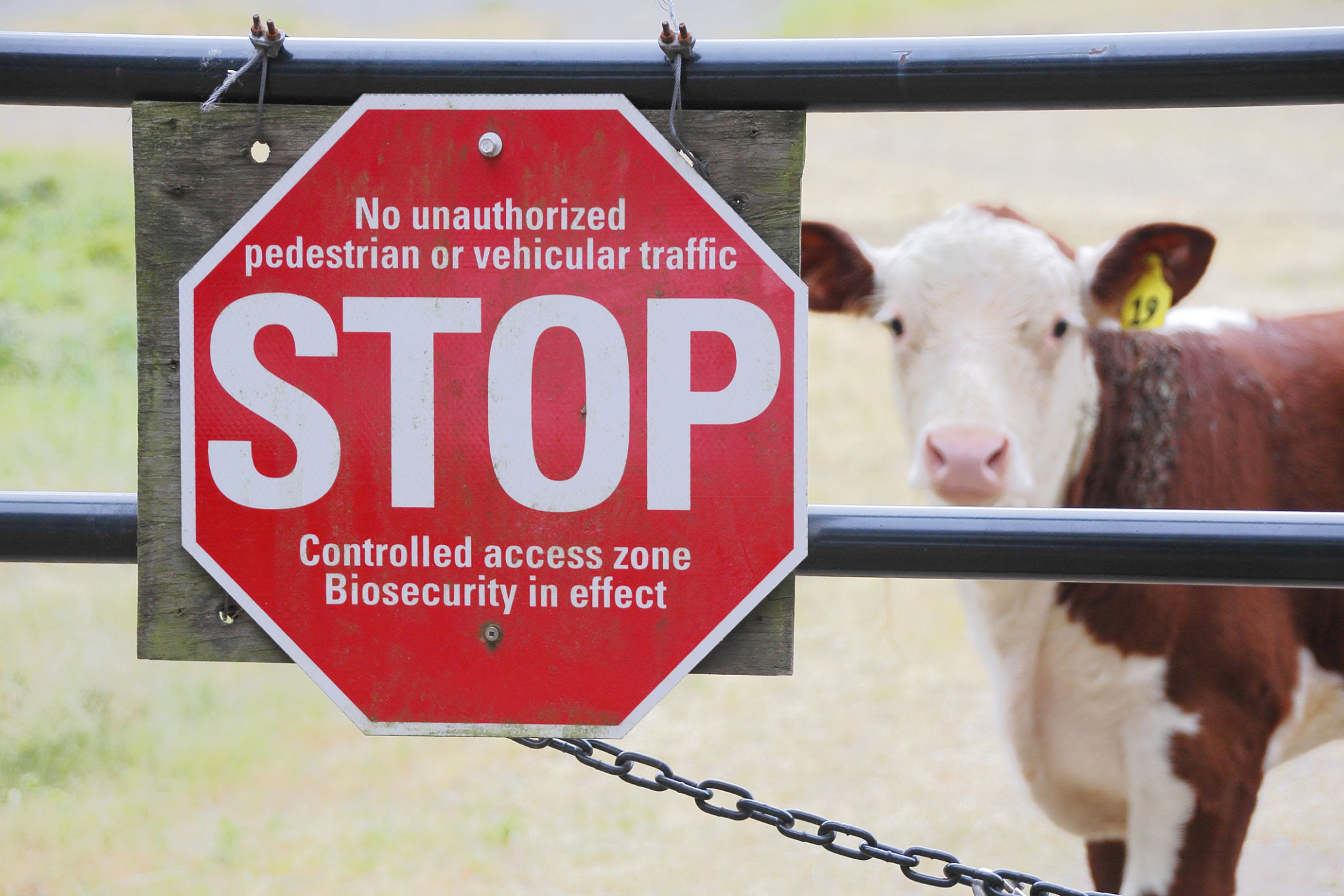How to Prepare for Seasonal Biosecurity Challenges in Queensland
Understanding Seasonal Biosecurity Challenges
Queensland's diverse climate and abundant natural resources make it a vibrant agricultural hub. However, with these advantages come unique biosecurity challenges that vary with the seasons. From pest infestations to disease outbreaks, understanding these seasonal threats is crucial for maintaining the health and productivity of crops and livestock.

Identifying Key Threats
Each season presents distinct biosecurity risks. During the wet season, increased rainfall can lead to higher humidity, creating optimal conditions for the proliferation of pests such as fruit flies and fungal diseases. Conversely, the dry season may see a rise in invasive species seeking water and food sources.
It's essential for farmers and land managers to stay informed about the specific threats that each season may bring. Monitoring weather patterns and collaborating with local agricultural agencies can provide valuable insights into potential risks.
Implementing Preventive Measures
Once potential threats are identified, the next step is to implement preventive measures. Regular monitoring of crops and livestock is vital. This includes visual inspections and the use of traps or sensors to detect early signs of pest activity or disease.
Additionally, ensuring that all equipment and vehicles are cleaned and disinfected before moving between different areas can prevent the spread of pathogens. Proper disposal of waste and maintaining clean water sources are also critical components of effective biosecurity practices.

Adopting Integrated Pest Management (IPM)
Integrated Pest Management (IPM) is a holistic approach that combines various strategies to manage pests sustainably. By using a combination of biological control, habitat manipulation, and resistant varieties, farmers can reduce reliance on chemical pesticides.
This approach not only helps manage pest populations effectively but also minimizes the impact on the environment, ensuring long-term sustainability. Regular training and education on IPM practices are essential for staying updated with the latest techniques.
Collaborating with Local Authorities
Collaboration with local agricultural departments and biosecurity authorities can enhance preparedness for seasonal challenges. These organizations often provide resources, training, and alerts about emerging threats.

Joining local farmer networks or cooperative groups can also be beneficial. Sharing experiences and solutions with peers enables a community-based approach to biosecurity, which can lead to more comprehensive and effective strategies.
Reviewing and Updating Biosecurity Plans
Finally, it's crucial to review and update biosecurity plans regularly. As seasons change, so do the potential threats. Regular assessments allow for the identification of any gaps in current practices and the implementation of necessary improvements.
Maintaining detailed records of past incidents and responses can aid in refining strategies and ensuring that everyone involved is well-prepared for any eventualities.
By understanding and preparing for seasonal biosecurity challenges, Queensland's agricultural sector can continue to thrive while safeguarding its valuable resources against potential threats.